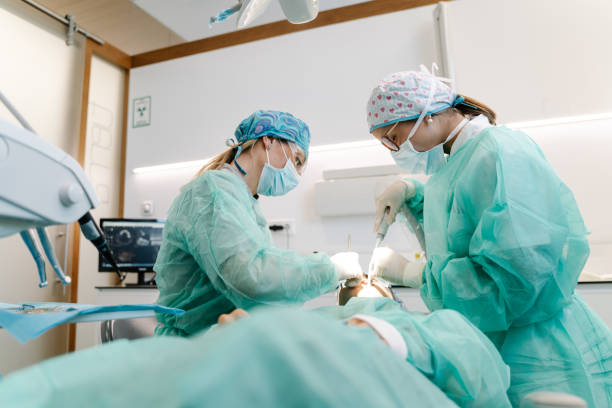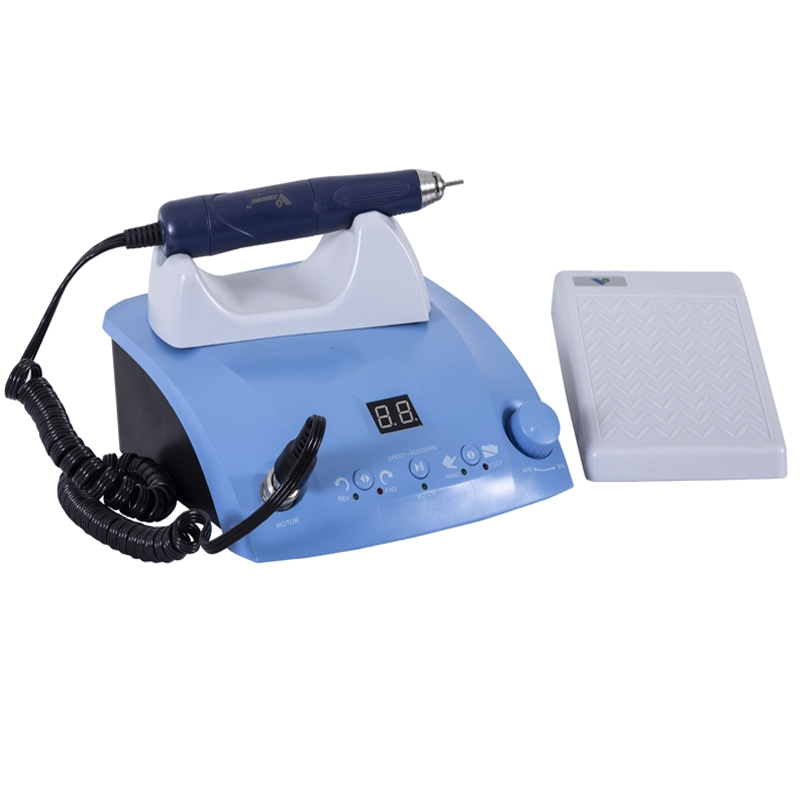There are many dental issues that don’t require oral surgery However, some problems are more serious than others. If the problem isn’t addressed promptly, it could significantly complicate the problem and require more costly procedures to fix the problem. Restorative Dentistry San Diego adheres to the saying “a stitch at the right time can make the lives of nine.” In this blog, we’ve provided nine indicators that suggest you’ll require oral surgery. Learn more details.
- Wisdom teeth
Wisdom teeth make up the third most difficult set of molars located at the rear of your mouth. According to research 1 out of five people is blessed with one to three wisdom teeth around birth. Most people see this happen when they are in their early teens. In the majority of cases, they aren’t causing any issues. However, if they are impacted or crowded they can cause dental problems. This is why they should be taken out at the earliest opportunity when they start developing issues. They are recommended by the American Dental Association recommends the removal of wisdom teeth whenever they hurt. They are also more likely to become infected and become full of cysts.
- Dental injuries
Any dental injury is considered to be a medical emergency. The patient must be treated immediately and with the appropriate treatment. If someone is suffering from any dental injury, it is recommended to visit any dental emergency clinic is crucial. An experienced dentist is an ideal person to suggest the appropriate procedure or treatment treat the damaged tooth.
- Inadequate bone density
The jawbone’s condition can occur due to a variety of causes. It could be caused by the aging process, periodontal disease, or other diseases that reduce bone density. The signs of losing jawbone may manifest as changes in facial features, the shifting of teeth jaw pain, facial pain tension in the lips, headaches, and many more. If not treated promptly it could cause several more health and dental issues. The most appropriate oral surgery to treat the problem is bone grafting, where bone material is transplanted into the jaw to strengthen it.
- Jaw or tooth infections
Teeth tooth infections result from the invasion of bacteria into the pulp as well as the surrounding tissues and nerves. Gum infections like periodontitis and gingivitis are triggered when soft tissues are damaged and gums begin to recede. The most common signs of jaw and teeth diseases are dental cavities, unloose teeth, and gums that are tender, decayed teeth, or sensitive gums. If you spot any of these symptoms on your teeth, immediately consult your dentist and ask about the procedure or treatment you’ll need to eliminate the infection. A few common procedures used to treat periodontal and dental infection are extraction of teeth, root canal treatment surgery, gingivoplasty, drainage, and removal of tissues that are diseased.
- Jaw or teeth that are misaligned
The misalignment of the jaw or teeth is a condition that occurs when the jaw or a few teeth don’t align with the other. When the problem (or malocclusion, as it’s known in the dental world) is not severe it is possible that either the teeth or jaw could be treated without surgery or other treatment. However, if the problem is extreme, then the afflicted jaw and teeth must receive prompt treatment to avoid further problems. If the alignment is evident the next step is the assistance of a knowledgeable and skilled dentist who can investigate the problem carefully and recommend the appropriate treatment options. Some of the best treatments include braces and dentures, as well as Invisalign. Surgery options like Maxillomandibular or Orthognathic surgery can also be effective.
- Persistent facial pain, as well as headaches
If you experience occasional facial pain or discomfort in the jaw or ear, headaches, and earaches occasionally might not be a sign of a gloomy outcome but the persistent signs could be an indication of Temporomandibular Joint Disorders (TMJ). The condition affects the jaw joints as well as adjacent ligaments and muscles. TMJ can result as a result of an incorrect bite injury or wear and tear and arthritis. The most commonly used treatments are prosthodontics and splints as well as a mouthguard. A dental professional will offer the appropriate suggestions for treatments available.
- Facial moles (nevi)
While every mole isn’t malignant but those that have unusual shapes, distinctive shades, velvety texture, and irregular borders can cause harm to dental health. They are referred to as nevi. They are benign moles that are formed on the skin by the increase in melanocytes. There is a different form of nevi known as white nevi that is located in the oral mucosa (the mucosal lining of the mouth) or buccal mucosa (inside of the cheek). If you spot any irregular moles or even nevi inside your mouth, go to your dentist as soon as possible.
- Teeth lose
Tooth loss is common among children. They signify the loss of the primary teeth as well as the development of permanent teeth. However, they could be an issue of great anxiety in the adult and older. They can indicate decay or related dental issues. If you notice any loose tooth, seek out your dentist as soon as possible and attempt to determine the root cause. The extraction of teeth is one of the commonly used kinds of oral surgery to treat loose teeth, however, it’s the last option.
- Teeth missing
Last but not last thing, missing teeth or teeth need to be treated or could cause additional dental problems, such as the resorption of bone and pressure on the current tooth as well as weakening the jawbone and many more. While the loss of teeth is fairly common in the elderly but it’s often overlooked. When you lose a tooth several teeth, it’s essential to replace them when you can. It’s not just going to restore your smile but also prevent numerous dental problems from happening.
In general,
Oral surgery is essential when dental issues pose an immediate threat to neighboring teeth or to general health. When problems are discovered in the early stages, they can be treated by less invasive and less costly procedures. If you notice any of the signs listed above and symptoms, you must visit your dentist as soon as possible. If you’re looking for an examination for your teeth or particular oral procedures, then Restorative Dentistry San Diego can be an excellent option for you. Check out our services page to learn more about the variety of services we provide and make appointments now.


